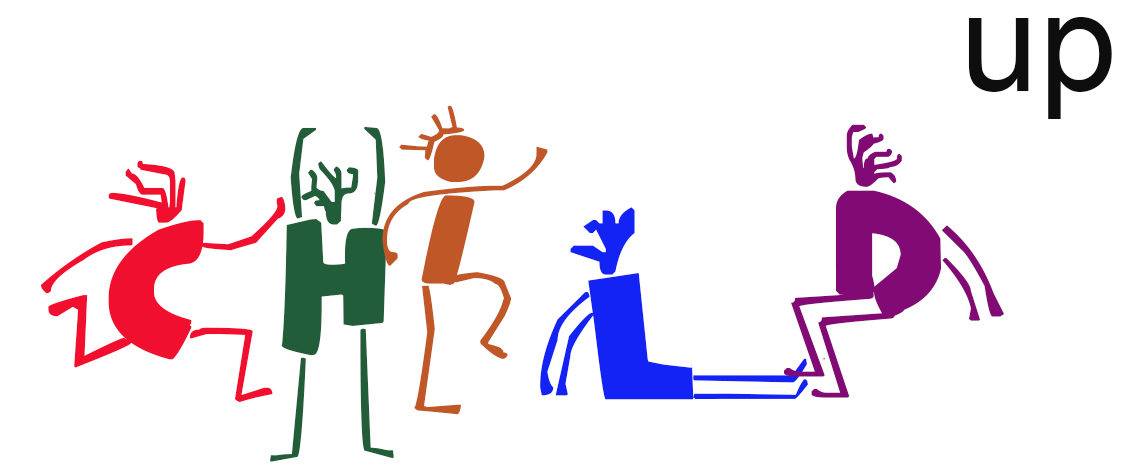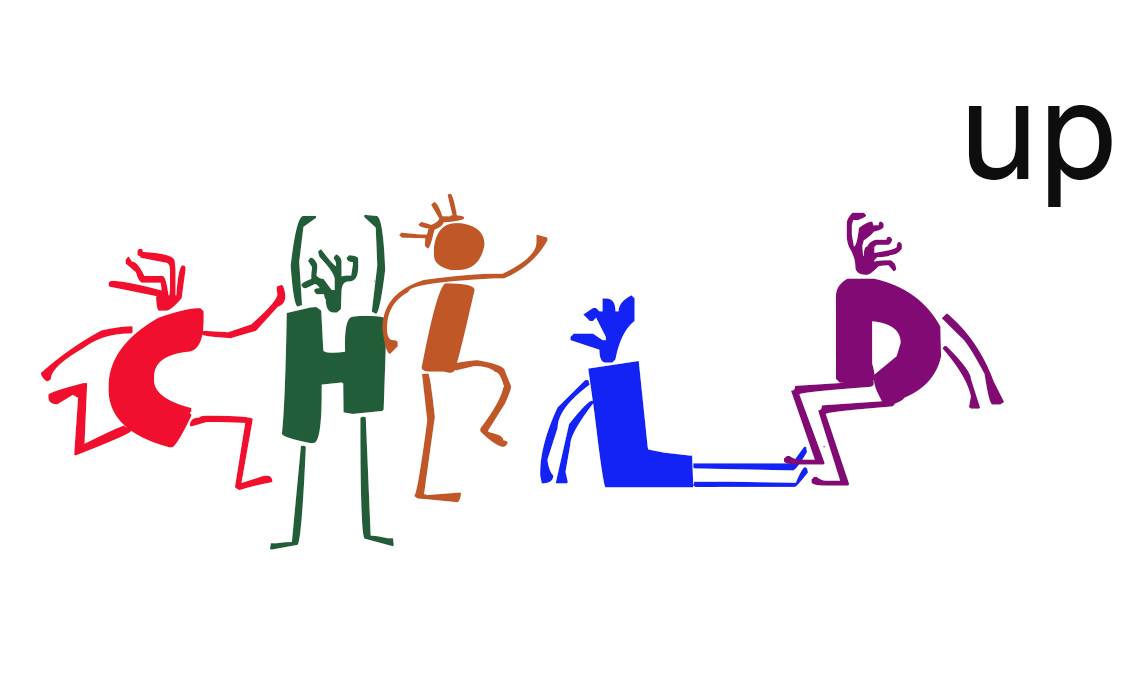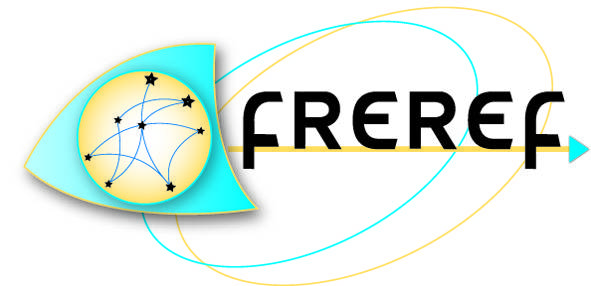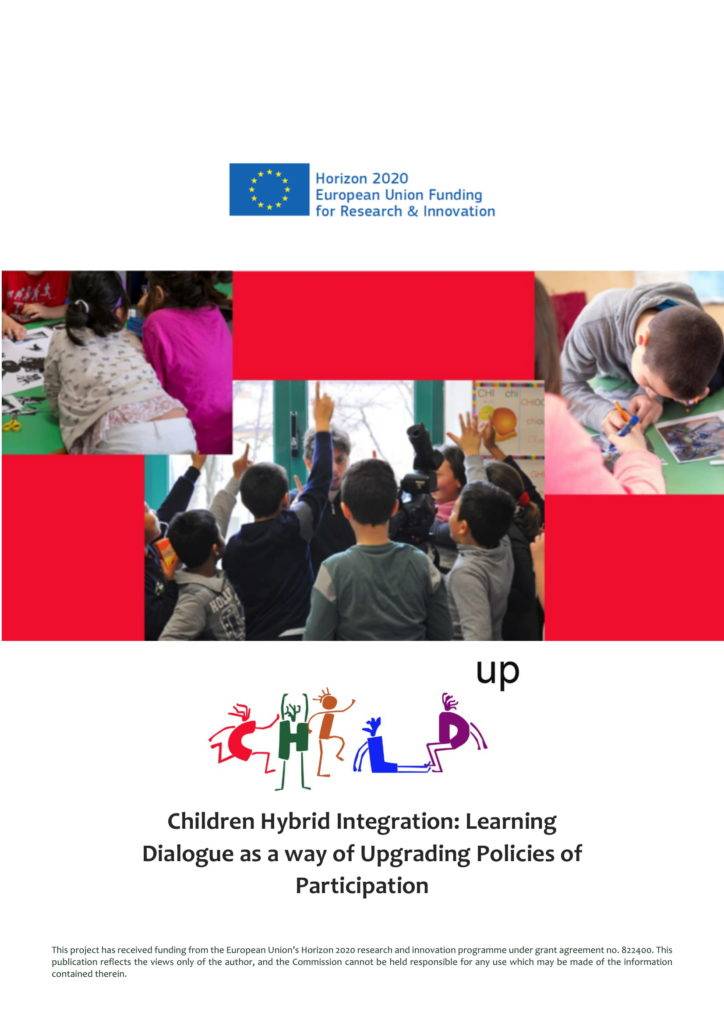News
Migration, asylum and coronavirus: what is the European situation?
Posted on 25/May/2020 by FREREF team
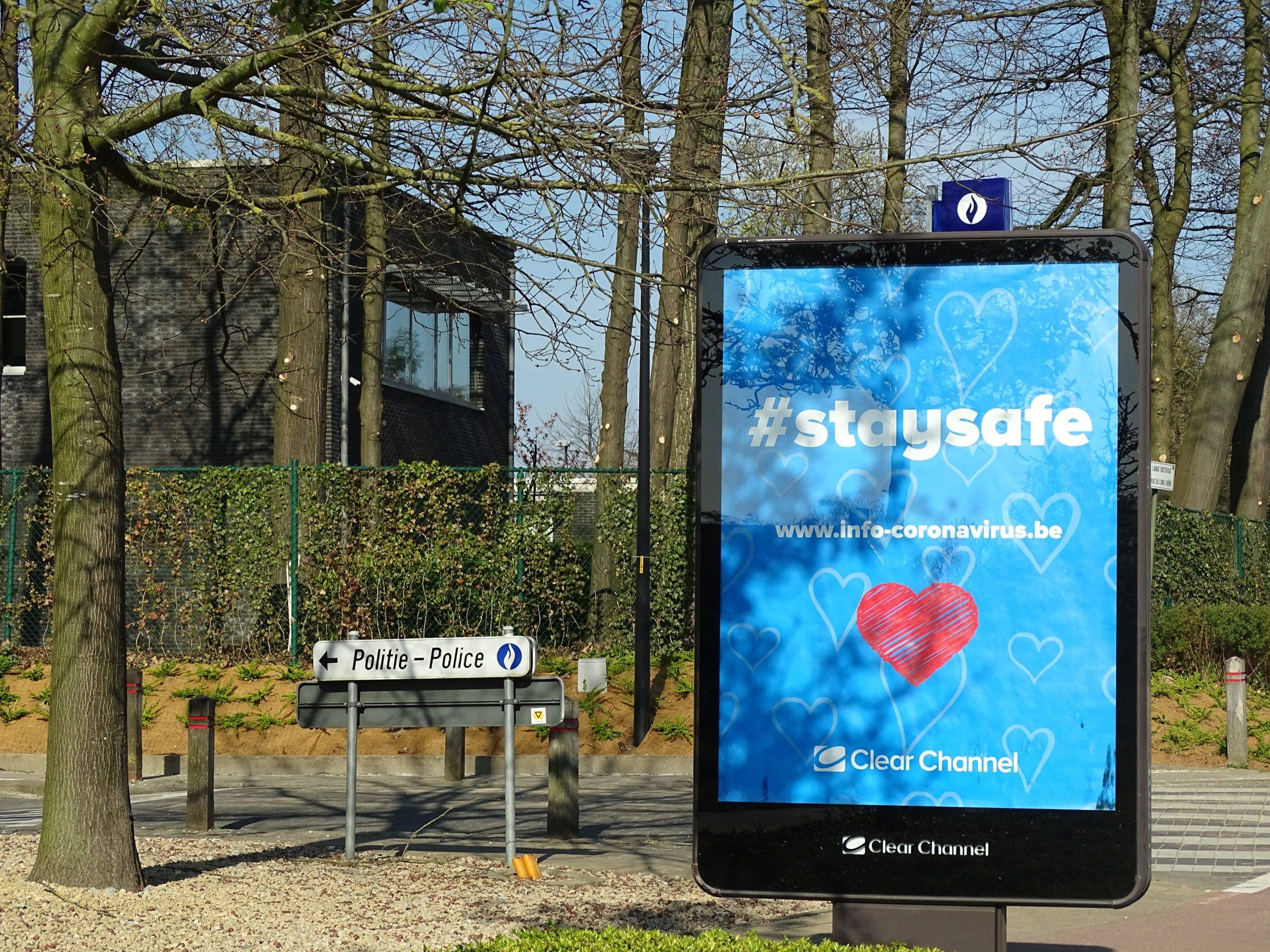
Measures to fight coronavirus are strongly impacting migrants and asylum seekers all over Europe. This article is meant to be a synthesis of different press articles and press releases from NGOs which you can find at the end of the text.
Governmental measures to contain the coronavirus pandemic have a strong and worldwide impact. In Europe, most countries have adopted radical measures to face this health crisis, and the impact is even stronger for people in precarious situations and newly arrived migrants and asylum seekers. In France, for instance, confinement has led to the closure of the courts and administrative services of the State which issue residence permits. The government has announced the automatic extension of the validity of all residence documents that expired between March 16 and May 15, 2020, for a period of 90 days, a measure that does not, however, concern short-stay visas. NGOs also denounce insufficient measures for precarious migrants whether these be shelter or emergency accommodation measures or the distribution of basic necessities or health treatment.
Placements in administrative detention centres continue: NGOs and Child Protection Agencies supporting migrant people such as the CIMADE warn of the need to be vigilant about the risk of notification of removal measures (OQTF). The administrative detention centres continue to operate, despite the health crisis and the lack of prospects for removal considering the closure of borders and the cancellation of international flights. The administrative detention centres continue to operate, despite the health crisis and the lack of prospects for removal considering the closure of borders and the cancellation of international flights.
In other European countries, governments are also closing borders and those with external borders have even suspended asylum rights, such as in Greece, where living conditions in refugee camps are particularly alarming. However, there are still some positive initiatives enabling children to continue their learning, such as in Bosnia and Herzegovina where UNICEF is piloting a learning programme in refugee camps (you can further read the article of Save-the-Children, whose Italian office is a member of CHILD-UP’s international stakeholders’ committee). The NGO has also launched a numeric platform called « Learning Passport” in partnership with the Cambridge University which gives access to online pedagogical resources for displaced and refugee children, as well as for educators and teachers.
Closing borders enable us to reflect upon the migratory experience. This crisis of mobility can lead European citizens to reflect upon the privilege of being able to travel freely in the whole word thanks to the European passport, and in the Schengen area without restrictions. The French newspaper « Le Monde » writes about this situation saying that « we are all frustrated migrants », but we have to keep in mind that the journey of migrants and refugees is often way more harrowing than the confinement that most European citizens have lived through.
La CIMADE
Le Monde
Infomigrants
Rue 89 Lyon
UNICEF
https://www.unicef.org/eca/unicef-responds-covid-19-pandemic-europe-and-central-asia
Save the Children
Their Word organisation
Interested in consulting the original article? Please visit FREREF website here.
CHILD-UP researches into the level of integration of migrant children in Europe and their social condition, with the primary aim of providing support for migrant children’s exercise of agency in changing their own conditions of integration and constructing hybrid identities.
